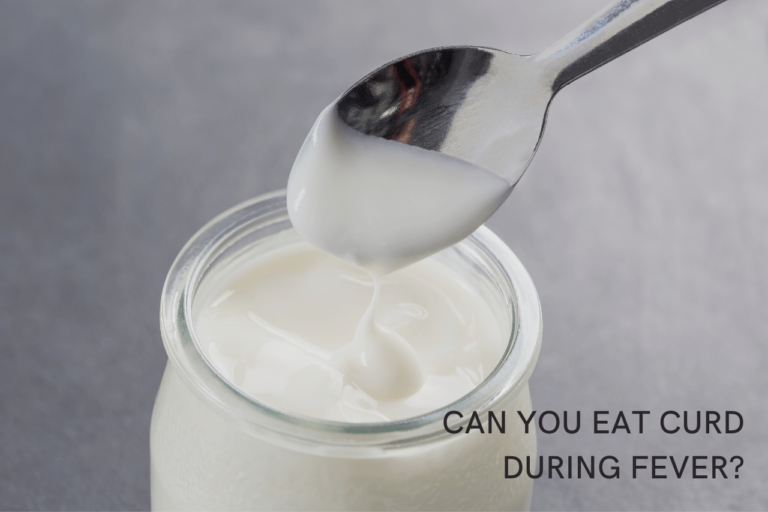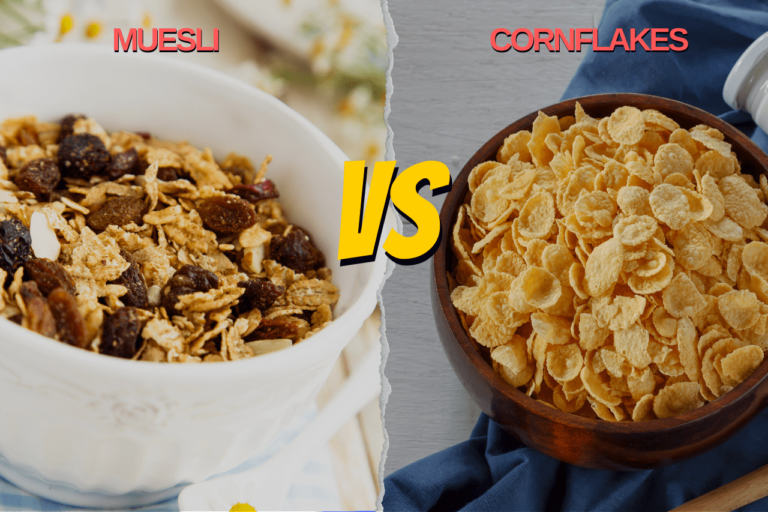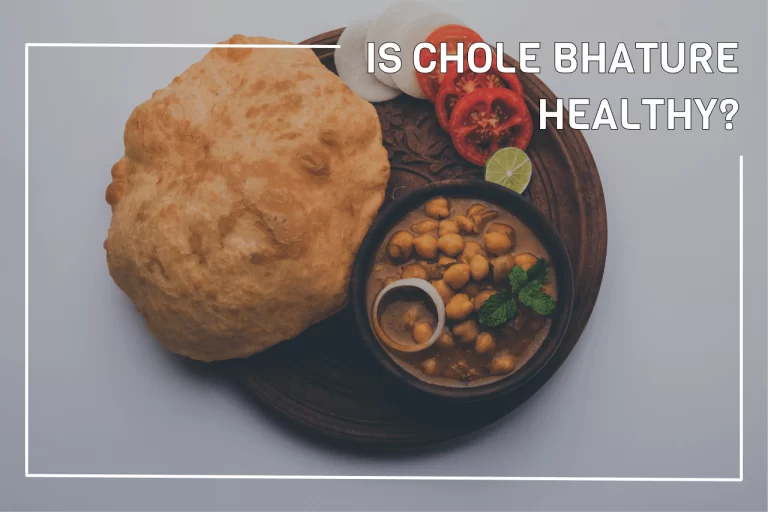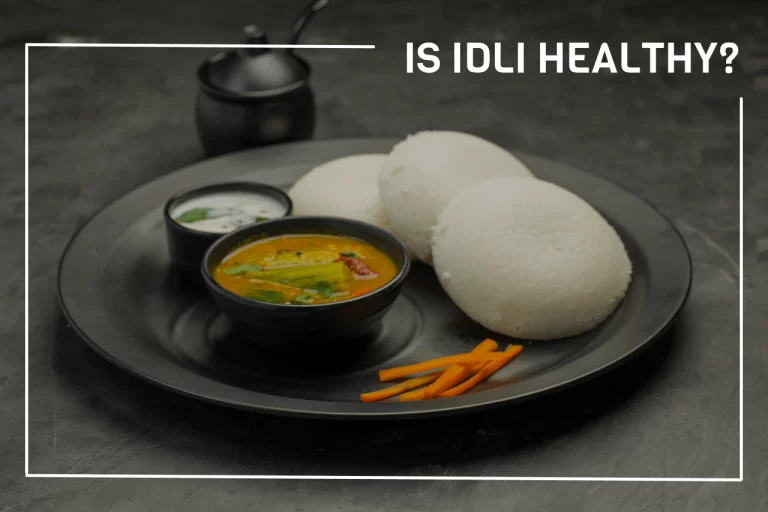There are countless pasta lovers around the globe, but few know just how hard to digest their beloved dish can be. Sometimes, eating pasta can cause bloating, abdominal pain, and flatulence. While these side effects are relatively harmless, they can still be uncomfortable.
If you are one of the pasta lovers out there who suffer from hard digestion after eating pasta and want to fix it, you are at the right place. In this post, I will share the 6 reasons why your pasta is hard to digest.
But, first and foremost, do you know how long it takes for the past to digest completely?
How long does pasta take to digest?
Well, it’s difficult to say how long it takes to digest pasta because it depends on a variety of factors such as the type of pasta, how much pasta one ate, how well the pasta was cooked, the eater’s gender, metabolism, and when one eats pasta.
However, it typically takes 6-8 hours for food to pass through your stomach and small intestine. From there, it enters the large intestine (colon) for further digestion, absorption of water, and ultimately elimination of undigested food. The entire process usually takes about 36 hours.
There are many factors that go into why pasta might be hard to digest for some people. From the way it’s prepared to the ingredients that are used, here are six reasons why your pasta might be giving you trouble.
6 Reasons why your pasta is hard to digest
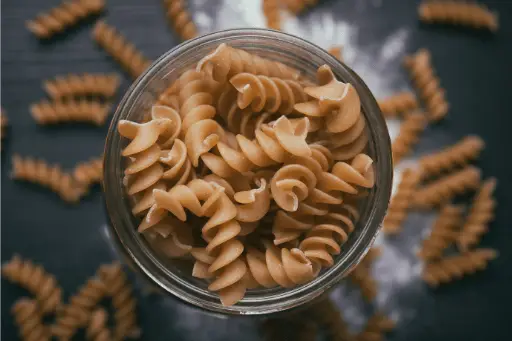
You may be gluten intolerance
Yes, you heard that right! You might don’t know, but you may be gluten intolerant.
The main culprit in pasta’s indigestibility is its high gluten content. Gluten is a protein that is found in wheat, rye and barley. It is difficult for some people’s stomachs to break down this protein. As a result, it can cause all sorts of digestive issues such as stomach pain, bloating, diarrhea, and constipation. In some cases, it can also cause headaches, fatigue, and skin rashes.
While there are many gluten-free pastas on the market, they’re often made with ingredients that can be just as hard to digest, such as rice flour or tapioca starch.
It’s best to start with entirely gluten-free pasta and see how they turn out for your digestion.
Your pasta is made from refined flour
One of the most common reasons pasta can be hard to digest is that it is made of refined flour or white flour.
Refined flour is milled to remove the bran and the germ, which leaves only the endosperm, which mainly contains starch. This milling process also removes the fiber and other nutrients from it.
When you eat pasta made from refined flour, your body has to work harder to break down the starch, and this can lead to indigestion.
Furthermore, numerous studies have shown that eating refined flour is harmful to your digestive health. Not only does it causes indigestion, but it can also cause a spike in blood sugar levels due to its high glycemic index (GI), which can strain your digestive system and leave you feeling bloated and uncomfortable.
It’s best to replace your white pasta with whole wheat or whole grains pasta that is high in fiber and other nutrients.
You’re adding too much fat to your pasta
While it may be tempting to load up your pasta with sauces, creams, and cheese, you might not know that this can make it harder to digest.
Most of the sauces and creams on the market are loaded with fat and calories, slowing down the digestion process. This can lead to indigestion, bloating, and gas.
To avoid these problems, limit the amount of sauce, cream, or cheese you add to your pasta. Or Instead, focus on adding lighter toppings to your pasta, such as fresh vegetables, olive oil, or tomato sauce.
You’re eating too much pasta
You know that pasta contains a lot of carbohydrates, but nowadays, they are also coming up loaded with sugar and artificial colour and flavours to make it mouth-watering.
Adding all these extra and unnecessary ingredients to your pasta makes it look and taste delicious, causing you to eat far too much of it.
When you overeat, your stomach expands and puts pressure on the lower esophageal sphincter (LES). The LES is a muscle that opens and closes to allow food into your stomach and keep stomach acids from flowing back into your esophagus. When the LES is under pressure, it can open and allow stomach acids to flow back up, causing indigestion.
You’re not cooking it properly
If your pasta is hard to digest, it’s possible it may not have been well cooked. It’s either undercooked or overcooked pasta. In both cases, the pasta can be difficult to digest.
Raw pasta can be difficult to digest because the starches in the pasta are not fully broken down, and the body’s digestive enzymes cannot adhere to it. On the other hand, overcooked pasta tends to form a sticky dough in the digestive tract, which blocks digestion. That means the perfect pasta shouldn’t be undercooked or overcooked but served al dente.
To ensure your pasta is easy to digest, cook until it is al dente or slightly firm to the bite.
Also, most people often cook pasta in unhealthy oils, such as hydrogenated or rancid oils, which can further impair digestion. It is best to use sunflower oil or coconut oil that helps to boost your digestion.
You’re not chewing it properly
Chewing your food helps you to digest your food better.
When you eat, your saliva begins to break down your food. The more you chew, the more you help the process along. If you don’t chew enough, you can end up with larger pieces of food that are more difficult to digest.
Also, when you chew your food slowly and properly, you are able to taste it more fully and enjoy it more. This can lead to a more pleasurable eating experience overall.
Which pasta is easier to digest?
Al Dente pasta is easier to digest.
It is a type of pasta that is cooked for a shorter amount of time than other types of pasta. This makes it easier to digest and helps to prevent some of the negative side effects that can come from eating pasta that has been overcooked.
It is also said to be easier to digest because it retains more of its nutrients.
Is white pasta bad for you?
White pasta is a popular food choice for many people, but it is not always considered to be the healthiest option.
It is made with refined flour, which means that it has had the bran and germ removed. This process makes the flour less nutritious and not easy to digest.
Too much consumption of white pasta can lead to many health concerns such as weight gain, spike in blood sugar levels, high cholesterol, low feeling of fullness, etc.
Final words
Pasta is love for many people, but sometimes it can put too much pressure on your digestive system.
By understanding the reasons above, you can take steps to improve digestion and enjoy your pasta without any discomfort.
Found this information helpful? Share it with other pasta lovers out there.

